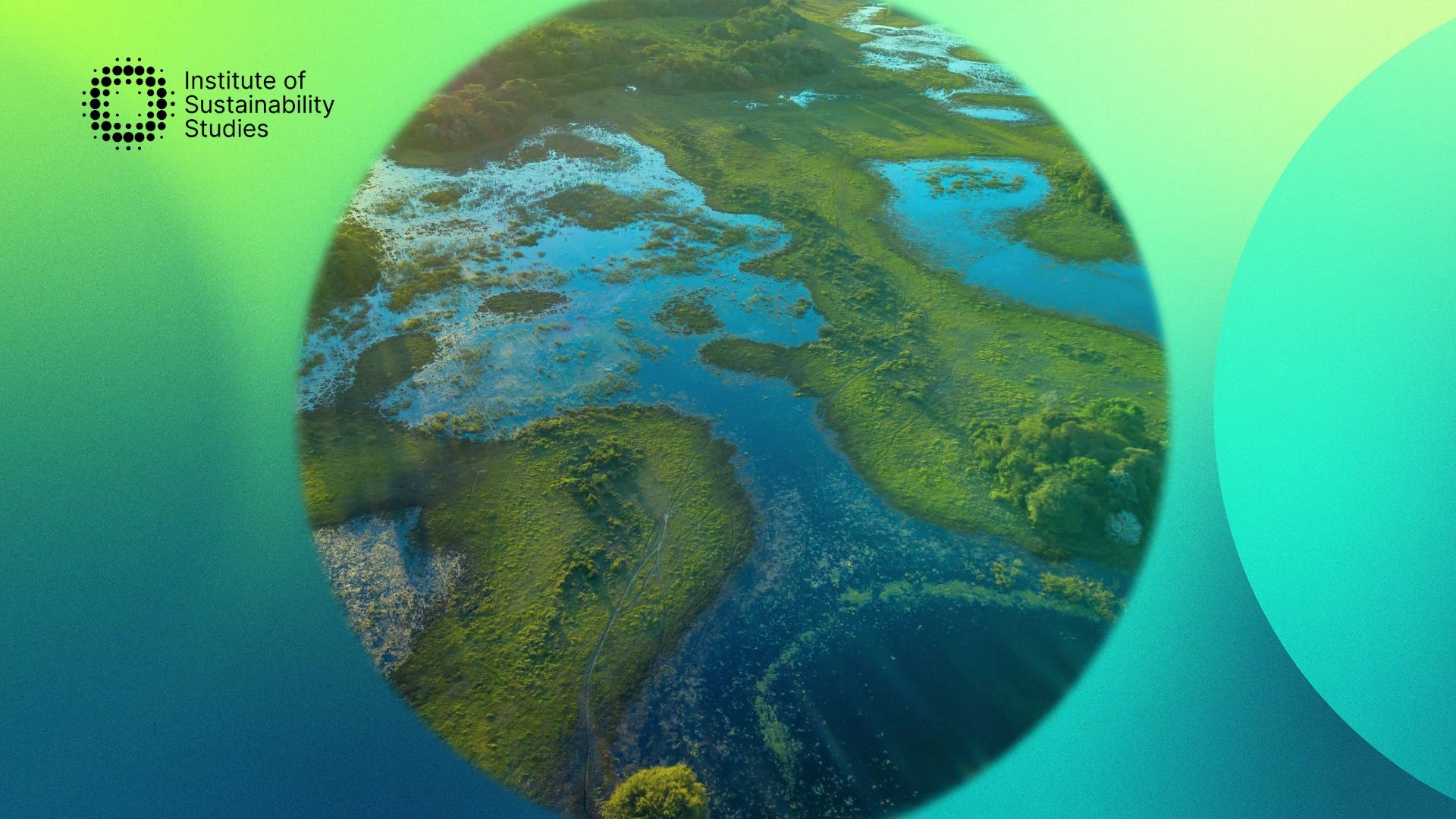Businesses that wish to help the planet recover will not only need to reduce their carbon footprint but also address their natural footprint as part of their business sustainability efforts. Taking steps to account for and restore natural capital—the world’s stocks of natural assets like soil, air, water, and biodiversity—will allow businesses to protect and create value for both society and their own operations. To effectively tackle climate change and reach net zero, we must understand nature and how it supports our society. Focusing our energy on enhancing natural environments is one of the most effective and cheapest methods to protect our planet that will help us achieve the Paris Agreement goals.
About natural capital
The phrase natural capital relates to components of the natural environment which offer valuable services and goods to our society. With natural capital, we apply an economic lens to the Earth’s stock of natural assets such as soil, rivers, and forests. We can look at how businesses and society rely on these assets to function. Some examples of natural capital include medicine, weather regulation, clean water, and air.
It consists of three principal categories – natural resource stocks, ecosystems, and land. All of these are considered to be essential in our long-term sustainable development. The services and goods natural capital offers are known as ecosystem services. These ecosystem services provide people globally with all they need to live healthy lifestyles and underpin all economic activity.
Therefore, when we increase pressure on nature, from biodiversity loss or climate change, we are degrading the ecosystems our economies depend on. This has significant risks for businesses. For example, the agriculture sector cannot get by without pollinators.
In addition, manufacturers need water to build cars, and financial institutions need to invest in future-proofed businesses. These ecosystem services are entirely free of charge but generally not accounted for, and as a result, they need to be adequately valued by decision-makers. However, these services are essential for our well-being and survival and have numerous other benefits for our society.
Upskill your knowledge to drive sustainable change with online, self-paced, accredited Diploma led by industry experts
Why is natural capital important?
The World Economic Forum has calculated more than half of worldwide GDP is highly or moderately dependent on nature. Nature loss is a problem that impacts all businesses either through the supply chain or directly. If companies want to continue to thrive and see these natural resources available in years to come, they must protect them and their ecosystems.
If we continue to draw natural capital and do not allow them to recover, there is a considerable risk of an ecosystem collapse. Ecosystems play an essential role in our society. They regulate our climate, produce biomass in the form of fuel, fiber, and food, and offer cycle nutrients. Therefore, restoring and protecting ecosystems is vital. One way to do this is through nature-based solutions. These solutions are actions that manage, protect, and restore ecosystems to address global challenges.
Summary
Businesses can be a force for good in fighting the climate crisis. Many conversations focus on carbon footprint, but businesses must also address their natural footprint. To do this, you need to know where the highest dependencies and impacts on nature lie across your value chain. An excellent place to begin is using a framework like the Natural Capital Protocol’s risk management framework.
Build the knowledge and skills to take action with our sustainability training courses UK — designed to help businesses embed nature and climate strategies that drive real impact.










